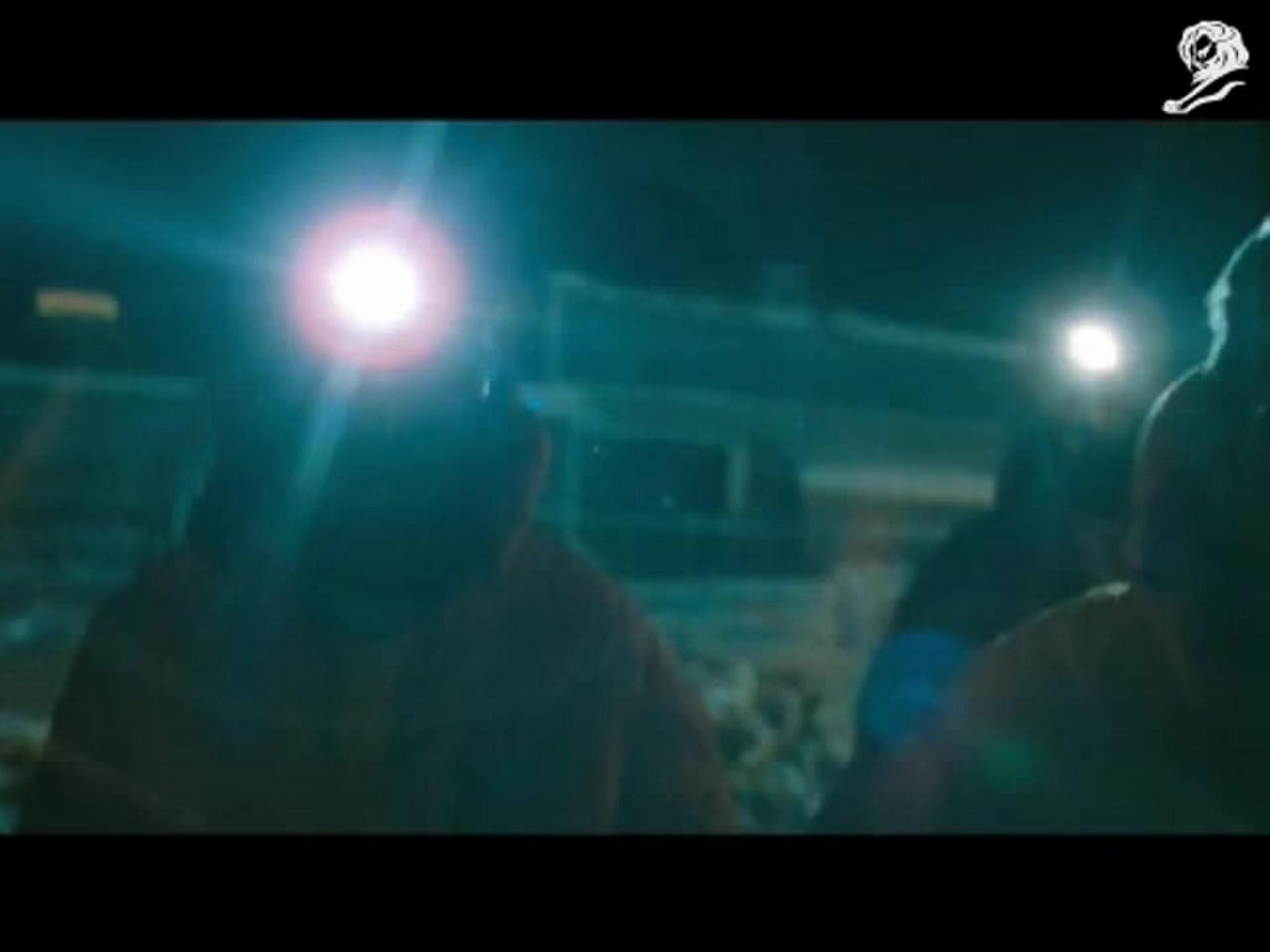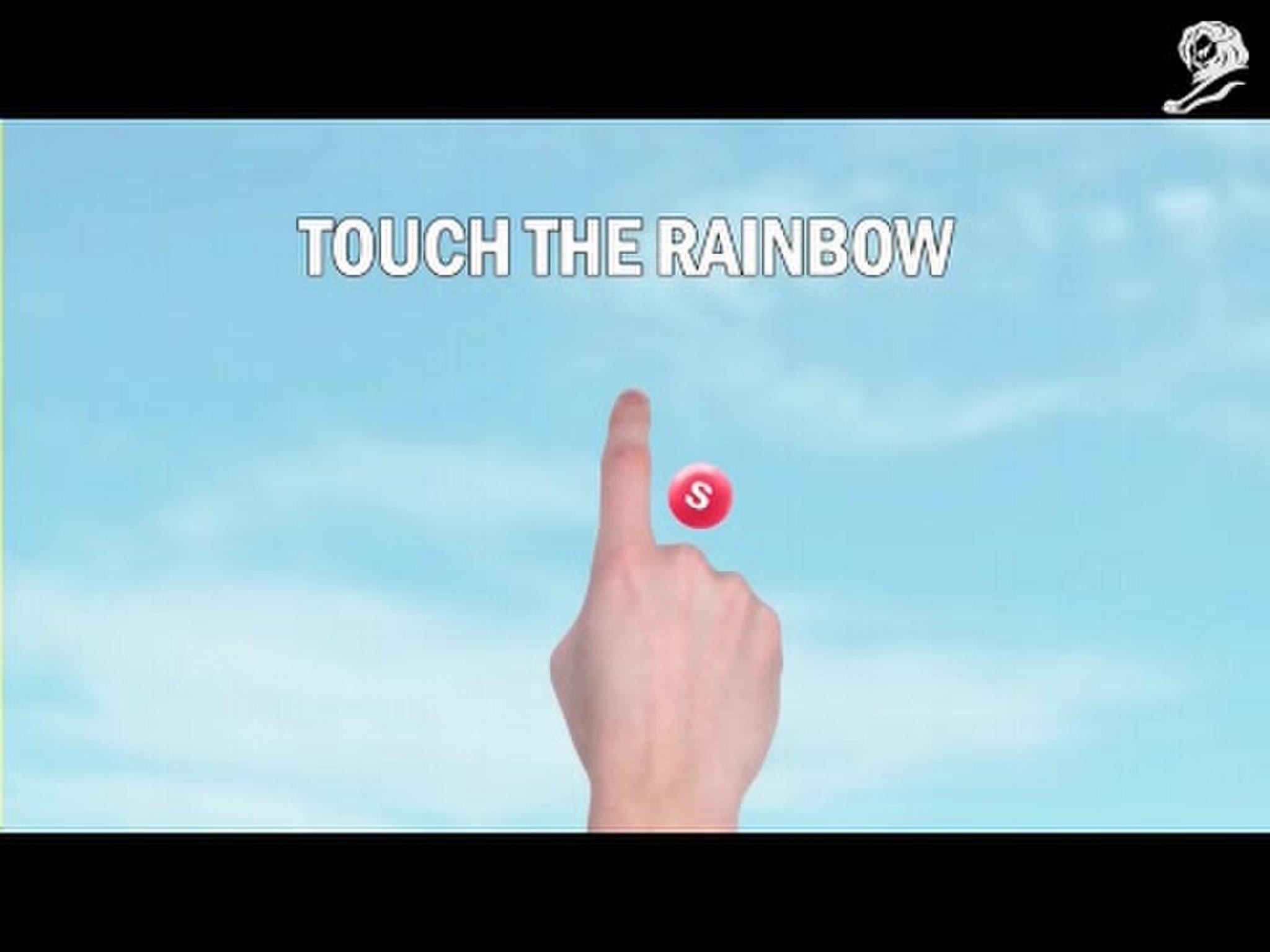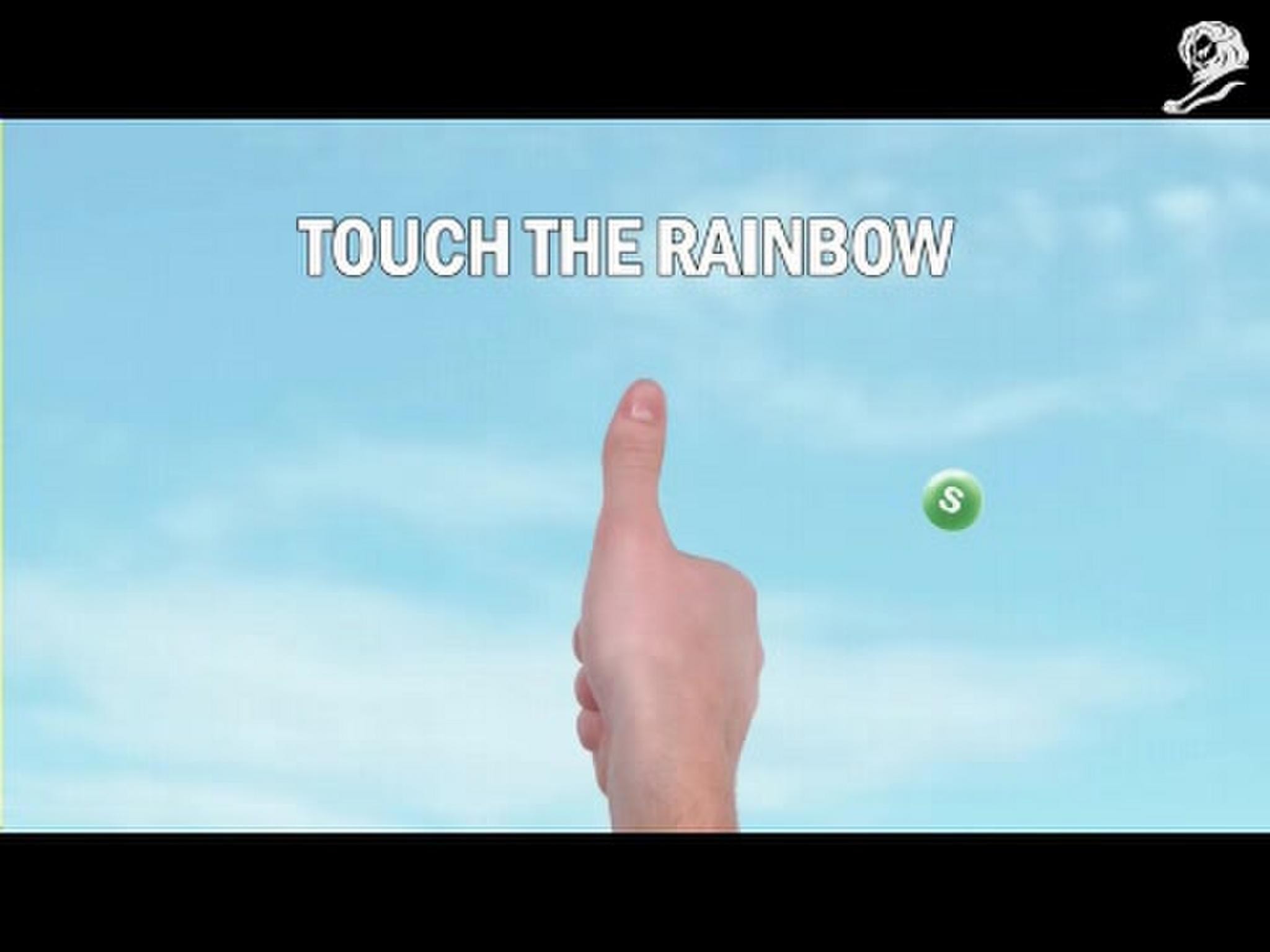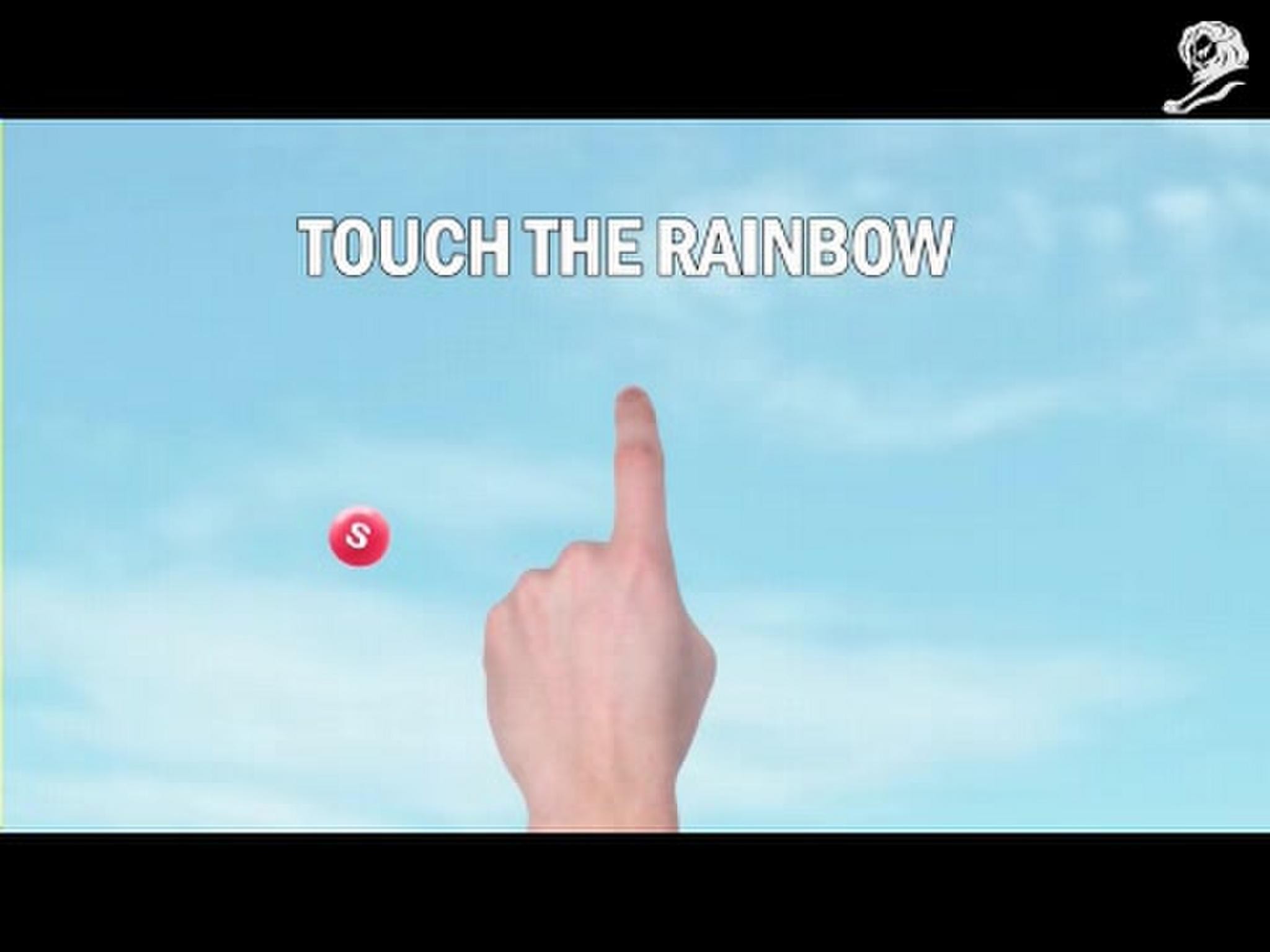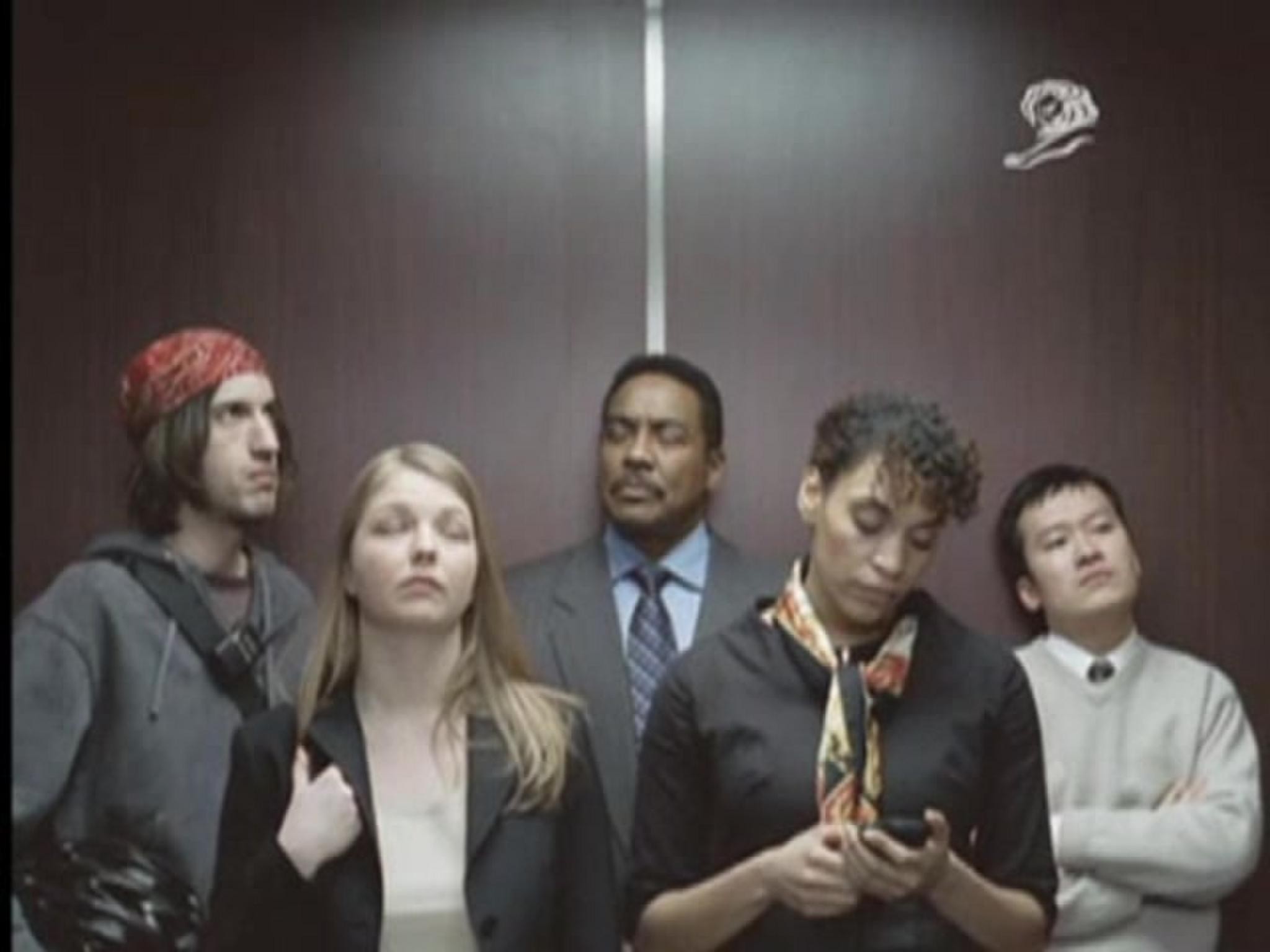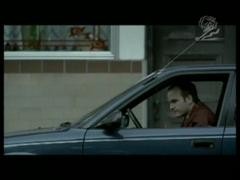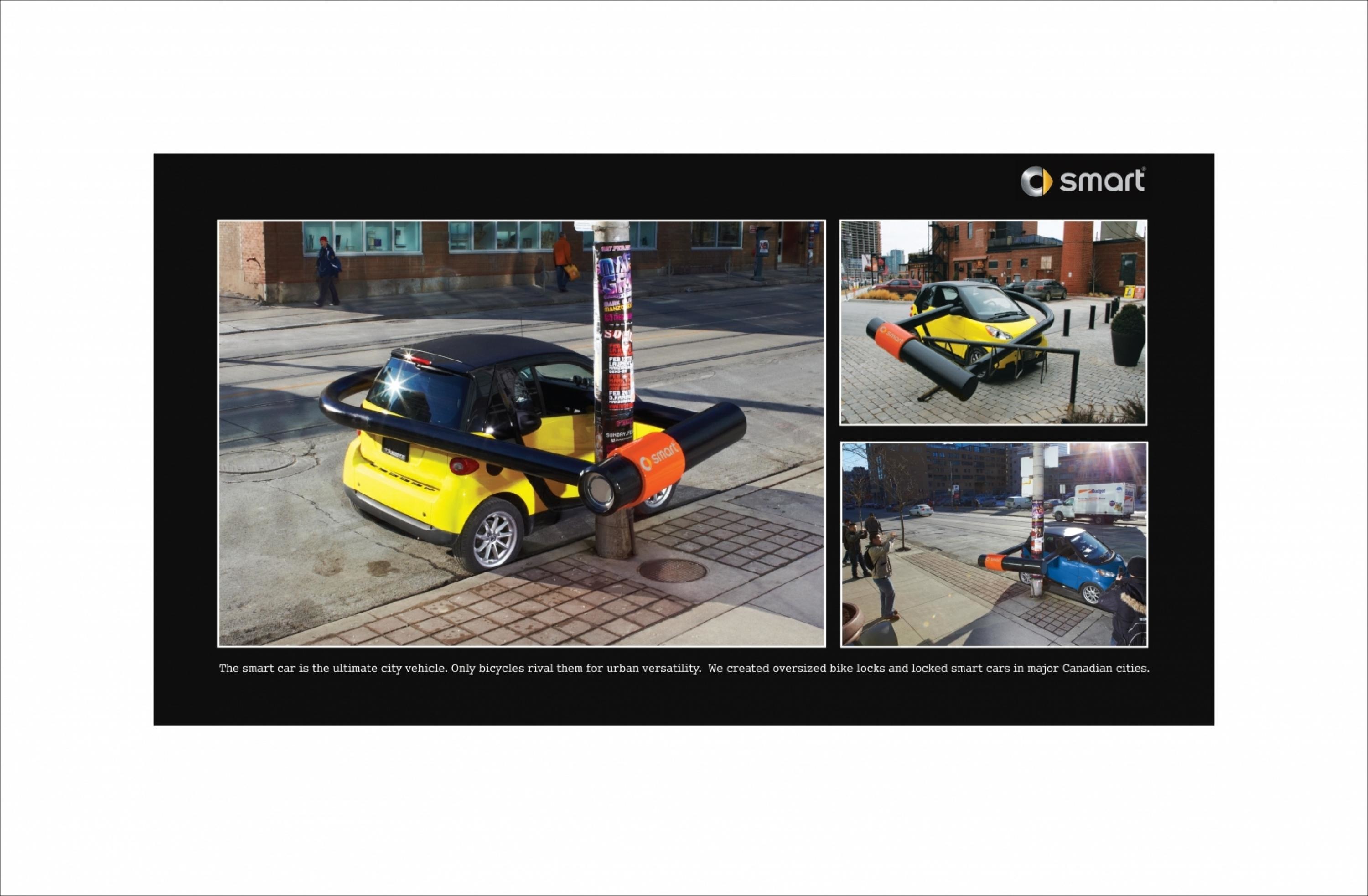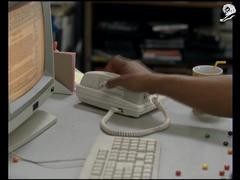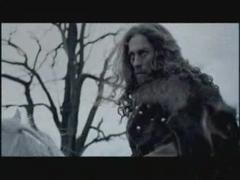Digital Craft > Form
MISSING MATOAKA
BBDO CANADA, Toronto / MUSKRAT MAGAZINE / 2023
Awards:

Overview
Credits
Overview
Background:
According to Amnesty International, sexual stereotypes continue to be a major factor in violent attacks towards Indigenous Women and Girls. Indigenous Women are 16x more likely to be murdered or go missing than any other group, and 4 out of 5 Indigenous Women will experience violence in their lifetime. To bring truth, one must first look to where there are lies. Where are the places in culture where there is misrepresentation? Answer? Disney’s Pocahontas is based on false narratives, as well as the harmful, sexualized “Indian Princess” stereotype, and watched time and time again by countless people around the world, including children. To answer this call and fight the sexualized stereotype, our strategy was simple: tell the real story of Pocahontas - not a Hollywood depiction - in a way that corrects its harmful stereotypes and inaccuracies, and in a big way that brings much-needed attention to its truth.
Describe the creative idea
Missing Matoaka; an alternative audio track to Disney’s Pocahontas, synced with every syllable on screen. Mute the original and play our version. In this alternative audio track, Pocahontas - whose real name was Matoaka - narrates the existing movie from an Indigenous perspective. With the help of Indigenous historians, the entire movie was re-written and re-recorded word for word in sync with the original by Indigenous writers and Indigenous voices, with music composed and performed by Indigenous artists. It sets the record straight on several harmful misconceptions and stereotypes surrounding the story of Pocahontas/Matoaka. Not only does the script tell the true story of Matoaka, stereotypes of hyper-sexualization are broken down and the values that maintain colonial violence are confronted. It reframes what has become a well- known narrative in a way that is profound, powerful and long overdue.
Describe the execution
We started by deleting everything in the Disney version. Then we rebuilt an entire film’s worth of audio. Starting with the script. We couldn’t just write any script we wanted. It had to be educational, historically accurate and at some points critical of the film itself – all in real time as you watch it - and all from an Indigenous perspective. Our screenwriters had to correct the narrative and write a new script - line by line as they watched the Disney version. Each word had to be chosen to reflect the technical reality of the lip sync AND correct the stereotype unfolding on screen. And to follow copyright law, not use any of the original dialogue. Not that we’d want to anyway. Then it was time to record. Most of our voice talent weren’t professionally trained. The most dialogue was for the character of Pocahontas. And she happened to be the least trained. Our voice talent had never done VO before – let alone match the cadence and pace of what is happening on screen. Word for word, syllable by syllable, she had to match what was playing out on screen, lining up her voice to sync with the picture. After the dialogue for the entire cast was recorded and lip-synced with the animated movement on screen it was time to build the music and add the foley. We worked with Indigenous musicians to create and score a much more foreboding and accurate version than the Disney singalong musical. It took our team months to create. The audio file and project lives at MissingMatoaka.ca to be easily accessible Our project reached over 114 million within the first week alone. The Indigenous Women’s Council, and educators across North America are sharing it to use as a teaching tool.
Is there any cultural context that would help the jury understand how this work was perceived by people in the country where it ran?
Canada’s colonial past and present is one of the worst in the world. For much of colonial history, Indigenous women have been portrayed as more sexually available and less worthy than their non-Indigenous counterparts. This representation is not only false and demeaning, it has manifested itself into some chilling real-world statistics: Indigenous women in Canada are 16x more likely to be murdered or go missing than any other demographic group, and 4 out of 5 Indigenous women will experience violence in their lifetime. We responded to The Canadian Government’s National Inquiry into Missing and Murdered Indigenous Women and Girls which delivered 231 Calls for Justice, including the task to “take proactive steps to breakdown the stereotypes that hypersexualize and demean Indigenous women, girls” The initiative was launched on National Indigenous Peoples Day with Muskrat Magazine and encouraged Canadians to “experience the true story of Pocahontas at MissingMatoaka.ca”.
More Entries from Music / Sound Design in Digital Craft
24 items
More Entries from BBDO CANADA
24 items

